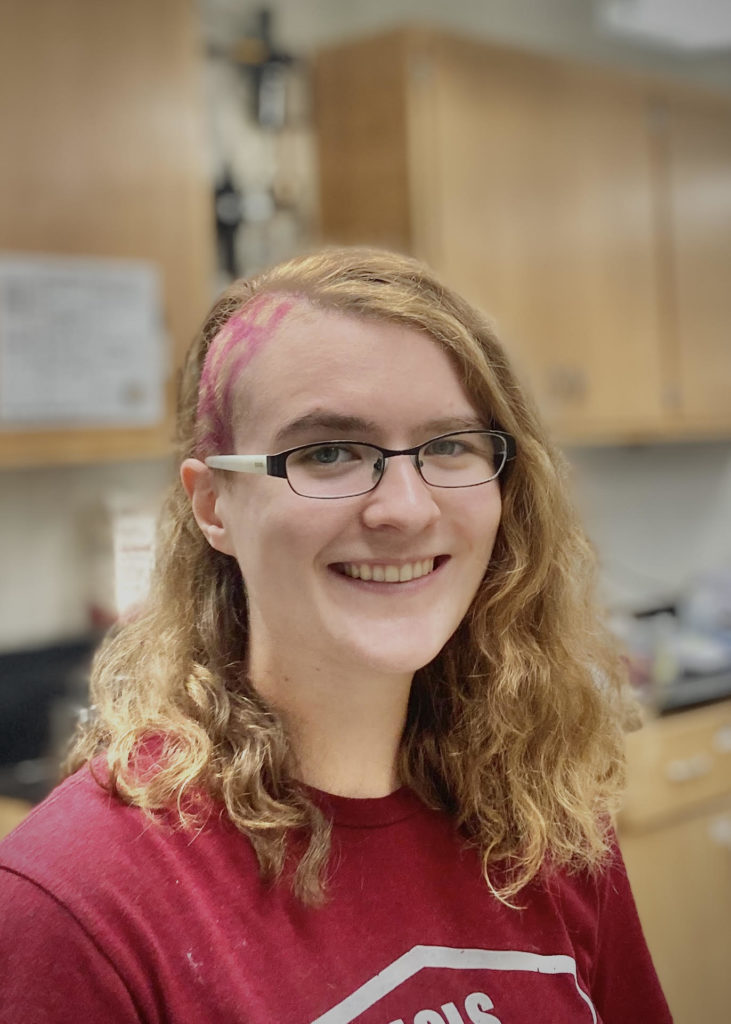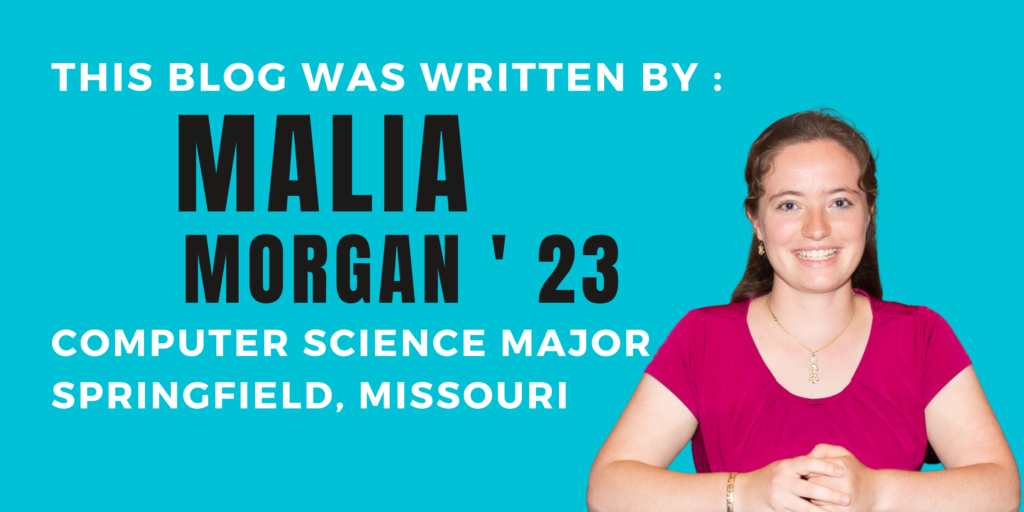HSA Concentrations: Classics
November 3, 2022
Today’s blog on HSA concentrations is a conversation with Helen Chaffee, a senior with a concentration in classics.
How did you pick your concentration?
I took Latin for about seven years before college. I started taking Latin in middle school. To be honest, the reason why is arbitrary–I had a foreign language requirement and Latin was offered from, as I said, middle school, which is unusual. But I found I was really interested in the way Latin was taught. It’s sort of the original collegiate subject. And there’s ways in which you learn Latin that always feel very antiquated, not in a good way, usually. I could say a lot about that. But it intrigued me, and I wanted to know more about how this sort of entrenched itself in our culture, and why I had gone through seven years of it. I wanted to take a little bit of Latin in college, and then I wanted to sort of branch out and get into other kinds of classics that are available to me here in college–archaeology, Greek literature, anthropology in the Mediterranean, history stuff.
What classes have you taken inside the classics concentration so far?
I have gotten credit for taking an advanced Latin translation class. We translated plays from this guy called Pseudolus in freshman year spring semester. It was a lot of work. I forget what I did sophomore year, but I went on to take a sort of Mediterranean Archaeology class in junior year, as well as a Greek Literature in Translation class. This year I’m doing a Byzantine Romance Literature course. So you can see it’s very broad, the kinds of things that count under classics and the kinds of situations in which we really think about classics.
Are there specific types of skills that these classes have given you?
I write a lot and it’s helped me with that. I know it’s not specific to classics, but often classics is held to a high bar of writing, sort of very formally. Much more formally than we would consider in most academic writing circles, including a lot of, you know, fancier vocabulary. I think it prepares me more than anything to understand and consume other writing that people make that is a little bit confusing. It’s easier to read really difficult things when you’ve been reading really, really bad translations of Plato for a while, and writing academic-style articles that are held to an extremely high caliber.
Do you have a favorite research experience?
My presentation in my archaeology class last year was definitely my favorite. I took on a challenge. I wanted to do a survey of the archaeology of earthquakes, like how earthquakes drive cultural change. To the extent that that change has been over exaggerated, but also underutilized. There’s a time in which a lot of eighteenth-century historians would say, “Oh, Rome fell because of an earthquake here,” “Corinth fell because there was an earthquake.” Really the late Roman Empire was much more complicated than that, and the way in which earthquakes had an impact on societies was much more multivariate. So it was an incredibly interesting project to tackle eighteenth century notions about this topic and learn about some really interesting research that’s really on the cutting edge of archaeological science right now.
Do you have a favorite HSA breadth class you have taken?
I love Prof. Dyson’s Prophecy, Apocalypse. I’m so sad that she’s on a sabbatical right now! I miss her. That actually tied in a lot to my classics concentration, because the ideas of theology in our culture are very closely linked to classics. There’s a lot of people that are trained classicists so that they can study theology, typically in Catholicism traditions. Greek and Roman history is kind of the one widely Christian approved, non-biblical history, because they think it’ll help you understand the Bible more. They talk about Greeks and Romans and their philosophies a lot in the Bible. So taking more religious studies classes is definitely something I’ve been highly interested in after taking Prophecy, Apocalypse.
Do you have any advice for prefrosh about HSA at Mudd?
The world is your oyster! You don’t have to do the thing that was available to you in high school. Certainly, I took Latin right away, but then I have never taken Latin again! I have left it behind. I have probably forgotten ninety percent of it. And that’s okay. I think I’ve also sort of branched out in my breadth to take it far more breadth than I ever needed to, because there’s so many different kinds of things available to us in college that prefrosh should be really excited about. Every new course catalog is just incredibly vivid here at the 5Cs. We have so many options available to us, and so many interesting professors across all the different HSA faculty.
